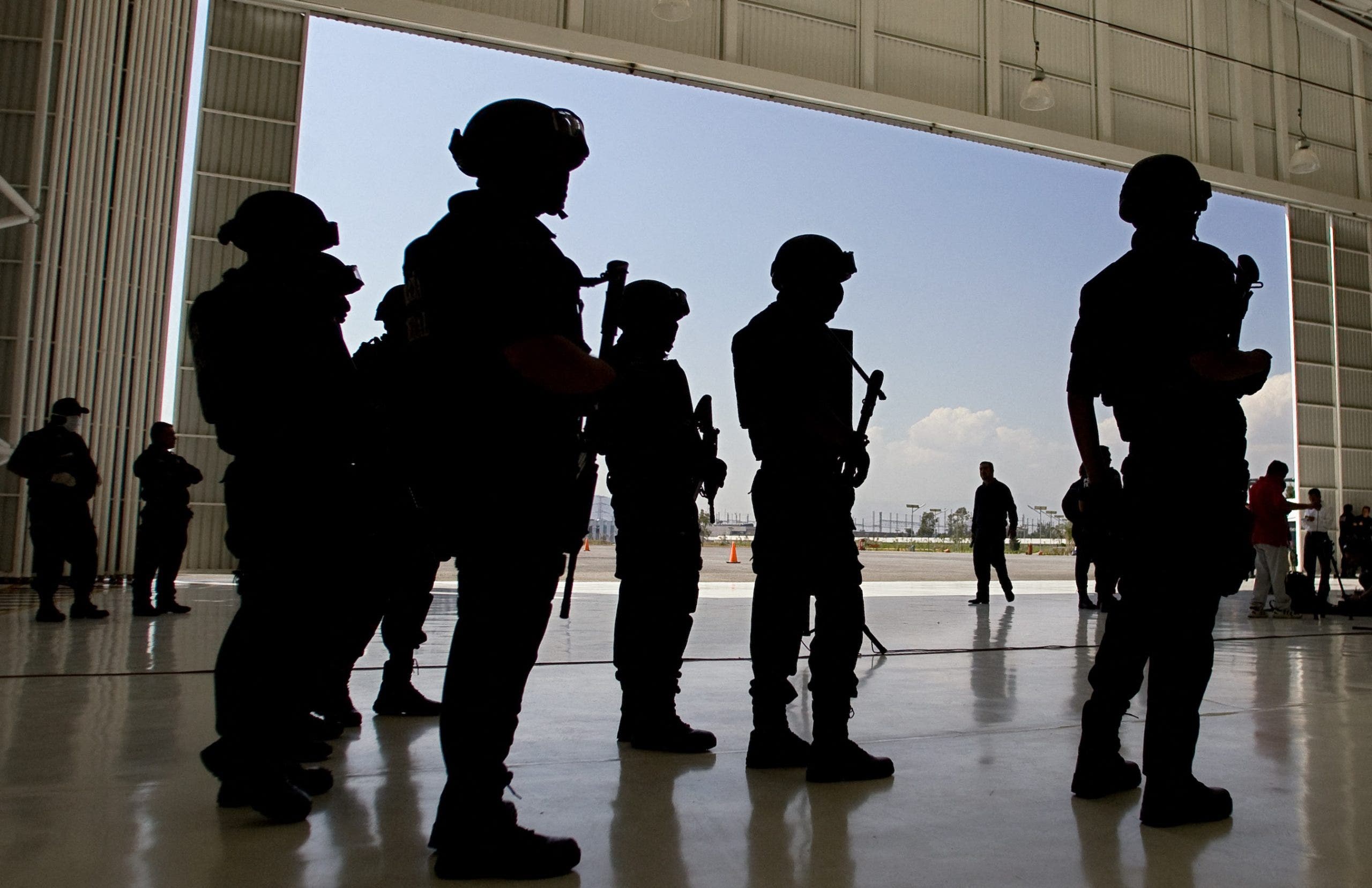Trump admin sanctions high-ranking members of violent Mexican drug gang designated as foreign terrorist org

The Trump administration took decisive action on Wednesday by imposing sanctions on two high-ranking members of the Cartel del Noreste, one of the most violent drug-trafficking organizations in Mexico and a U.S.-designated foreign terrorist organization. The Treasury Department’s Office of Foreign Assets Control sanctioned the leaders of the organization, formerly known as Los Zetas, citing their significant influence over the border region, particularly near the Laredo, Texas point of entry.
The first individual sanctioned was Miguel Angel de Anda Ledzema, a top member of Cartel del Noreste responsible for procuring guns and ammunition for the group. According to the Treasury Department, Ledzema oversaw payments to facilitators and straw purchasers in the U.S. and organized the delivery of firearms to Nuevo Laredo, Mexico. These straw purchasers made false representations to secure firearms from American businesses, falling victim to the cartel’s deception. The Treasury Department revealed that a weapon purchased in this arms trafficking conspiracy was recovered after Cartel del Noreste attacked Mexico’s army during a patrol in March 2024.
The second individual sanctioned was Ricardo Gonzalez Sauceda, the former second-in-command of Cartel del Noreste before his arrest by Mexican authorities in February. Sauceda led an armed enforcement wing of the organization and had been arrested in connection with attacks on the Mexican military and police. At the time of his arrest, he was found in possession of a rifle, a handgun, 300 grams of methamphetamine, and 1,500 fentanyl pills.
These sanctions underscore the Trump administration’s commitment to targeting violent cartels involved in drug trafficking, human trafficking, arms trafficking, and other criminal activities that threaten the safety of American citizens. Treasury Secretary Scott Bessent emphasized the administration’s determination to hold these terrorists accountable for their violent acts and criminal activities. The U.S. government will continue to disrupt the cartels’ operations by cutting off their access to drugs, money, and weapons.
The new sanctions were imposed in collaboration with Homeland Security Investigations, the Bureau of Alcohol, Tobacco, Firearms and Explosives, the Drug Enforcement Administration, and Mexico’s Financial Intelligence Unit. President of the National Border Patrol Council, Paul Perez, praised President Trump’s actions against cartels, noting that they fulfill his promise to combat cartel operations within the U.S. borders. Perez highlighted the chaos and terror caused by the smuggling and trafficking of drugs, weapons, and individuals into the U.S., which the Trump administration aims to bring to an end.
These actions follow Trump’s directive to designate cartels as foreign terrorist organizations and the Justice Department’s indictment of a high-ranking member of Tren de Aragua on terrorism and drug distribution charges in April. This marked the first time the U.S. government used terrorism charges against a member of the violent gang.
In conclusion, the Trump administration’s unwavering efforts to combat cartels and protect American citizens from the threats posed by these criminal organizations have garnered support from various law enforcement agencies and officials. By targeting the leadership and operations of violent cartels like Cartel del Noreste, the administration is working towards making America safer and more secure.




